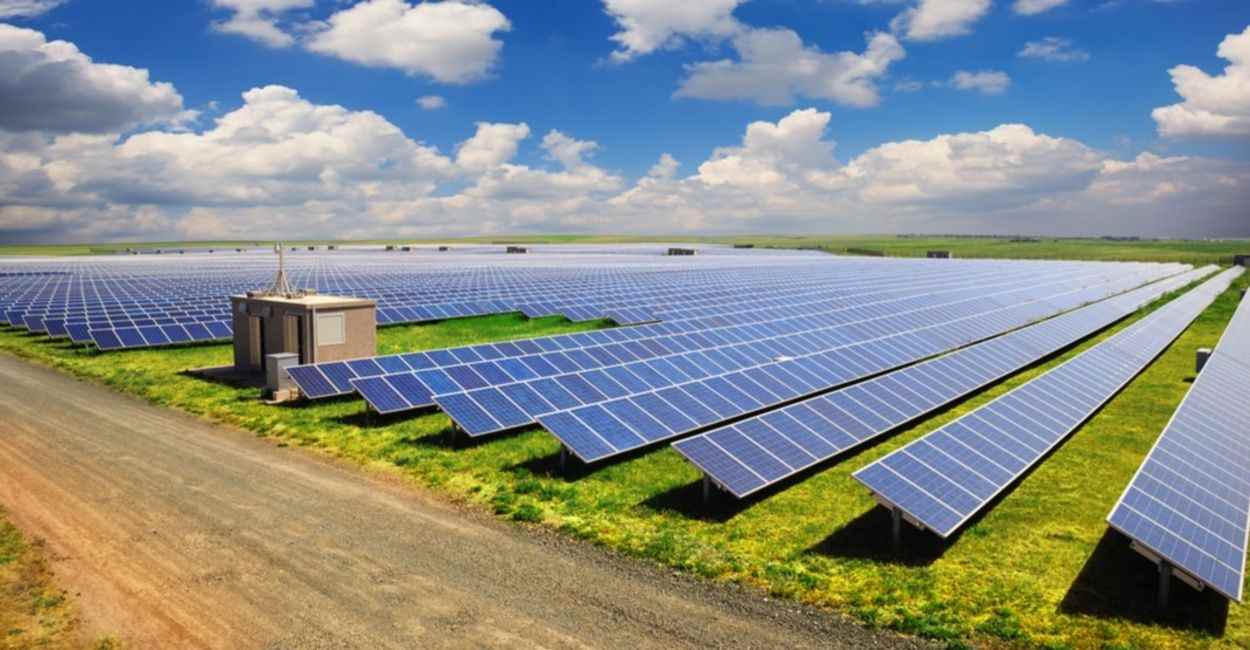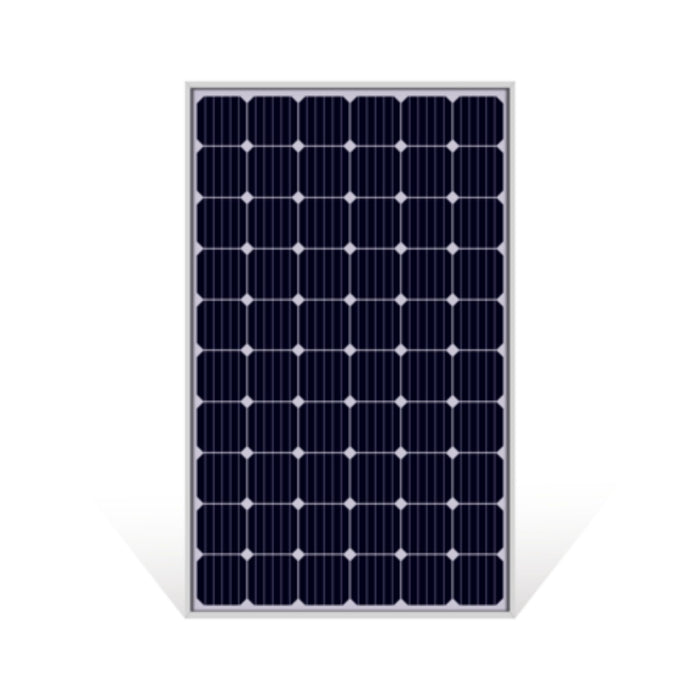See why so many homeowners are switching to energy-efficient Solar Panels.
See why so many homeowners are switching to energy-efficient Solar Panels.
Blog Article
Optimize Energy Cost Savings With High-Quality Solar Panels
Taking full advantage of power savings with making use of top quality photovoltaic panels is a complex approach that needs mindful consideration of innovation, setup, and upkeep. Choosing high-efficiency alternatives, such as monocrystalline panels, can significantly improve power generation, while resilience and guarantee terms play a crucial role in long-lasting economic stability. Recognizing the possibility for federal government incentives can enhance the return on investment. The trip does not finish with the purchase; the nuances of setup and continuous maintenance are equally crucial to accomplishing optimal results. What factors should homeowners focus on to guarantee they understand these advantages completely?
Benefits of Solar Power
The advantages of solar power are various and significant, making it a significantly appealing alternative for both property and commercial applications. Among the main benefits is its prospective to reduce electricity expenses. By harnessing sunshine, property owners can generate their own power, decreasing dependence on traditional energy sources and eventually bring about considerable financial savings.
Another essential benefit is ecological sustainability. Solar power is a clean, renewable energy that assists to mitigate greenhouse gas discharges, contributing to a decrease in air pollution and environment adjustment. This lines up with international efforts to shift in the direction of more lasting energy options.
In addition, solar power systems can increase property worth. Residences and companies outfitted with solar panels typically have greater resale worths, appealing to environmentally-conscious purchasers and capitalists. Federal government incentives, such as tax debts and rebates, can offset installation costs, making solar energy also more financially viable.
Finally, solar technology promotes energy independence. By investing in solar energy, individuals and businesses can reduce their susceptability to fluctuating power rates and supply interruptions, cultivating higher control over their energy resources. Jointly, these advantages emphasize the compelling reasons to consider solar energy solutions.
Choosing the Right Solar Panels
Selecting the best solar panels is an important step in optimizing the effectiveness and benefits of a solar power system. When reviewing photovoltaic panels, a number of factors should be taken into consideration to make sure optimum efficiency and long-term financial savings.
First, examine the panel's effectiveness ranking, which suggests how effectively it transforms sunlight right into electrical energy. Higher effectiveness panels might have a higher in advance price however can create more energy in limited area. Next, check out the guarantee provided by the supplier; a longer service warranty normally reflects a greater level of confidence in the item's sturdiness and efficiency.
Furthermore, take into consideration the sort of solar panel innovation. Monocrystalline panels are recognized for their high efficiency and space-saving layout, while polycrystalline panels tend to be a lot more budget friendly however a little less effective. Bifacial panels, which record sunshine from both sides, are likewise obtaining popularity for their prospective to boost energy output.
Finally, perform an extensive testimonial of independent performance ratings and consumer reviews to determine dependability and satisfaction. By thoroughly taking into consideration these factors, property owners can make educated selections that straighten with their power needs and financial objectives, eventually boosting the return on financial investment for their solar useful reference energy systems.
Understanding Setup Expenses
Comprehending the prices connected with mounting photovoltaic panels is vital for homeowners seeking to purchase renewable resource. The overall installation cost can vary significantly based on several factors, including system size, panel type, installation complexity, and geographic place.
Usually, the expense is relied on a per-watt basis, with typical costs ranging from $2.50 to $3.50 per watt before any incentives. A basic domestic system might cost between $15,000 and $25,000, depending on energy demands and the picked parts.
Along with the panels themselves, home owners must take into consideration costs associated to inverters, mounting equipment, and electric upgrades. Labor prices additionally play a crucial duty, as expert installation makes certain conformity with safety and security requirements and local regulations.

Inevitably, understanding these setup costs and prospective economic benefits is crucial for house owners to make informed choices concerning transitioning to solar energy.

Upkeep for Long-Term Savings
Preserving solar panels is vital for maximizing lasting energy cost savings and making certain the system operates at peak effectiveness. Normal maintenance involves a number of vital practices that can considerably improve the long life and performance of solar setups.
First, regular examinations should be conducted to determine any type of physical damages or wear, such as splits or loosened links. Cleaning the panels is also necessary, as dust, dust, and particles can block sunshine, lowering power result (Solar Panels). It is advisable to clean the panels a minimum of twice a year, or much more often in areas with high levels of dust or pollution
Furthermore, checking the system's efficiency via a surveillance software program can offer real-time data on energy production and alert homeowners to any anomalies. This proactive method enables imp source timely repair work, reducing downtime and preserving ideal energy generation.
Environmental Impact of Solar Power
The environmental impact of solar energy expands much past its instant advantages of minimizing electrical energy expenses and reliance on fossil fuels. By using sunshine, solar power dramatically reduces greenhouse gas discharges, thereby minimizing environment modification. Unlike traditional energy sources such as coal or gas, solar energy generation does not create air toxins, adding to enhanced air quality and public wellness.
Additionally, solar energy promotes biodiversity by lowering the requirement for fossil gas removal, which typically disrupts ecosystems and environments. By transitioning to renewable resource sources, we can maintain natural landscapes and shield threatened varieties from habitat loss.
The life cycle of photovoltaic panels also offers a lower ecological footprint compared to typical energy resources - Solar Panels. While manufacturing solar panels involves some resource use and emissions, developments in technology and reusing processes are constantly minimizing these impacts. In addition, the lasting benefits of solar power-- such as reduced reliance on finite sources-- far outweigh these preliminary costs
Conclusion
In summary, the adoption of top quality solar panels provides considerable opportunities for power financial savings and environmental advantages. The calculated positioning of solar panel choices with power needs and federal government rewards enhances return on financial investment, promoting sustainability and lowering dependence on standard energy resources.
Report this page